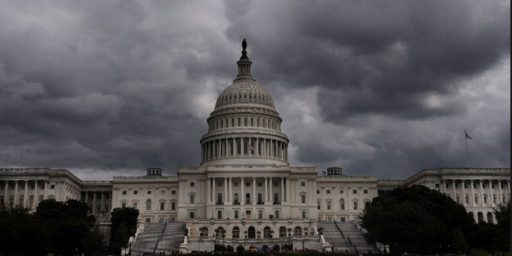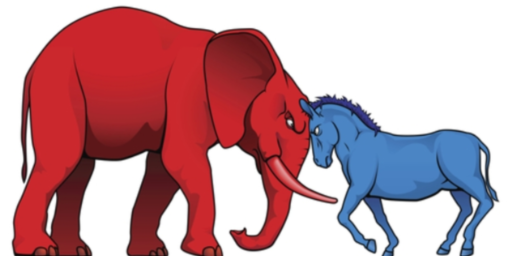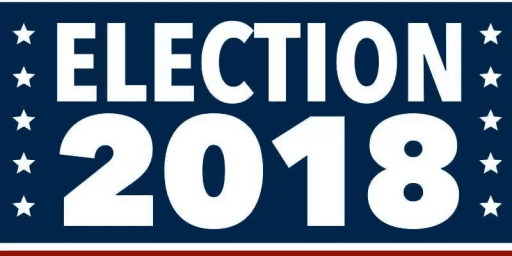Republicans Lead in House Swing Seats
 Over the 70 most vulnerable House seats, 60 are held by Democrats. And the Republicans hold a sizable lead, according to the first NPR poll.
Over the 70 most vulnerable House seats, 60 are held by Democrats. And the Republicans hold a sizable lead, according to the first NPR poll.
Democrat Stan Greenberg and Republican Glen Bolger [See Disclosures] conducted the first public battleground poll of this election cycle. They chose the 70 House districts experts regard as most likely to oust incumbents this fall. What they found was grim news for Democrats.
For this poll, Bolger and Greenberg chose the districts where incumbents are considered the most vulnerable, and, in the case of open seats, the ones most likely to switch party control in November. Sixty are currently held by Democrats — many of whom won these seats even when voters in the same district preferred Republican John McCain for president in 2008. The other 10 districts are the flip side — held by Republicans in the House, even though their voters went for Barack Obama in 2008.
These are this year’s swing seats — the political terrain where the battle for control of the House of Representatives will be won or lost. In this battleground, voters are choosing Republicans over Democrats 49 percent to 41 percent.
[…]
“It’s very problematic for the president to have a 40 percent approval rating in these 60 Democratic districts,” Bolger said. “When you look at history, when the president is below 50 percent nationally, his party tends to lose more than 40 seats.”
Bolger says the NPR poll has more evidence of a trend that’s been apparent all year: Republican-leaning voters are energized, while the intensity seems to have leached out of the Democratic ranks.
“When you look at the generic ballot for Congress in the Democrat-held seats, the Republican is up by 5 [points]. But among those who rate their interest as 8 to 10, you know, the high-interest voters, the Republican leads in those Democratic seats 53 to 39.
More graphics and results here.
The results aren’t terribly surprising, although they are rather stark. The only concern I have about these numbers — aside from the usual caveats about polls being a snapshot in time, not predicting action, etc. — is that they’re generic party preference polls rather than candidate-specific. It’s one thing to favor ousting “the incumbent.” It’s quite another to vote out your Congressman in favor of someone you’ve likely never heard of.






But the Tea Party is overrated and over.